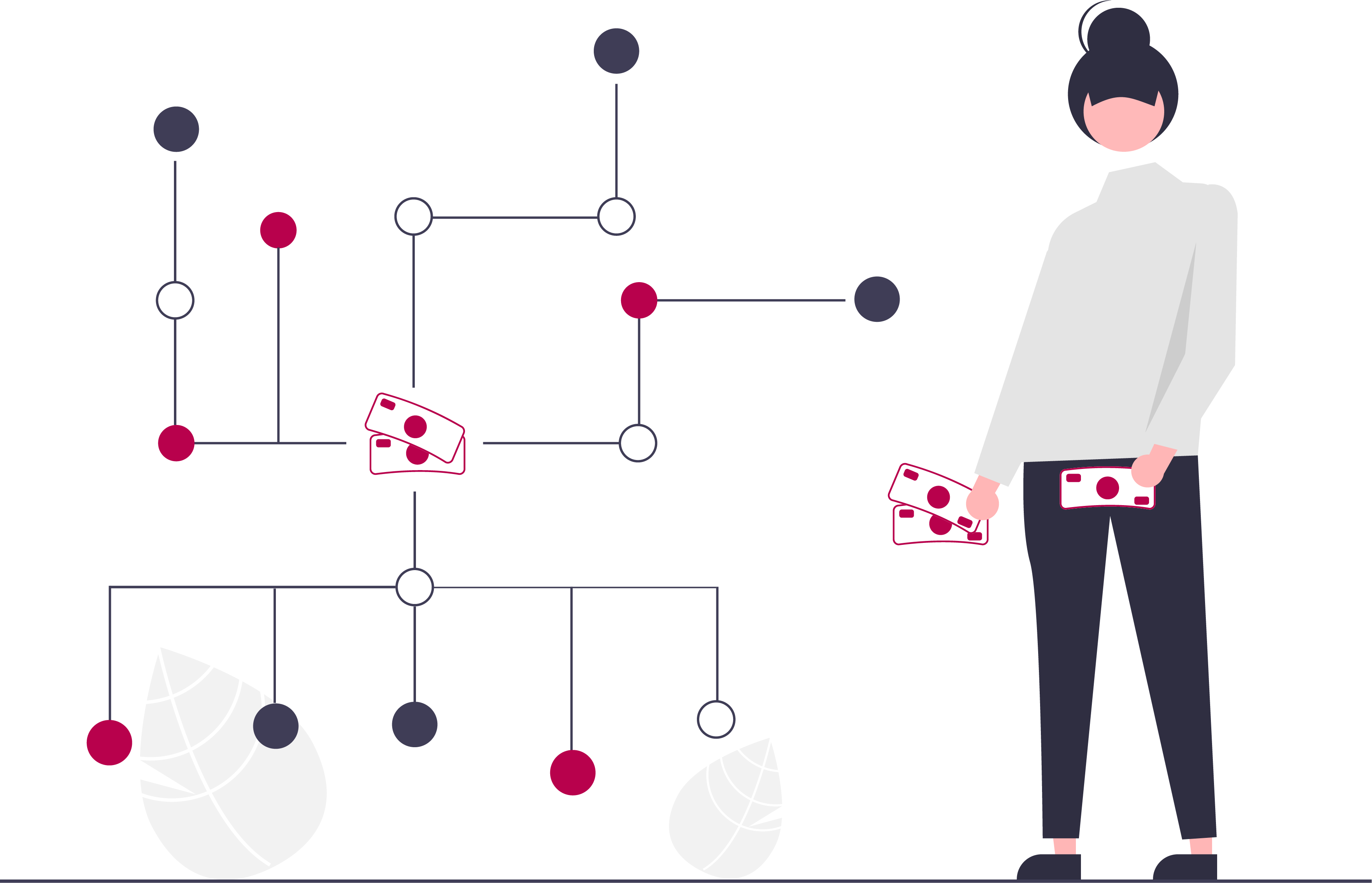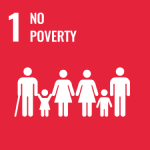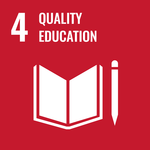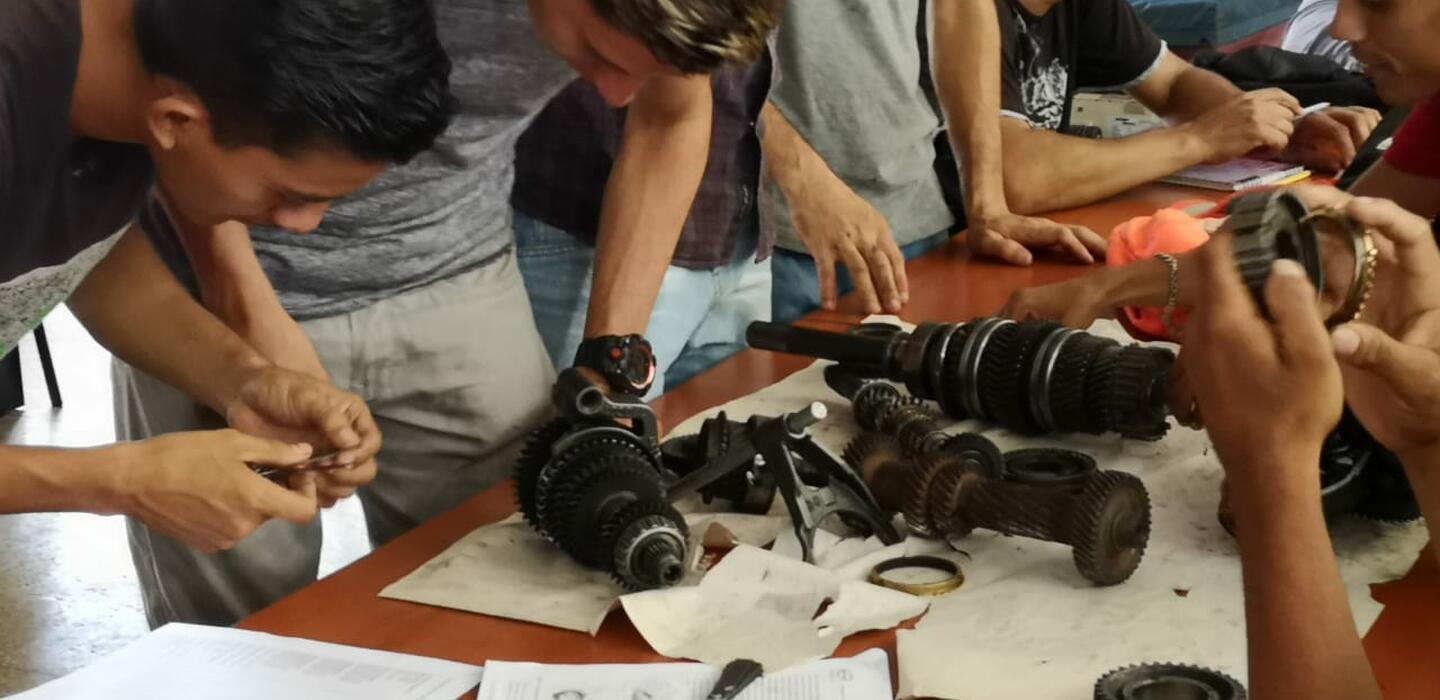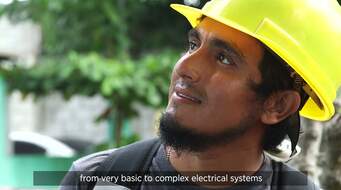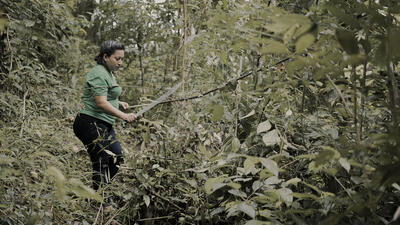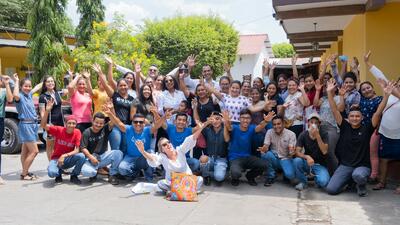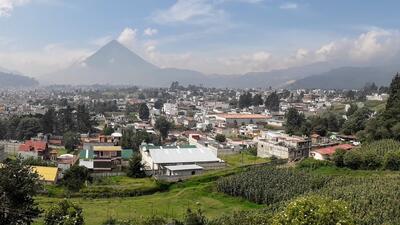

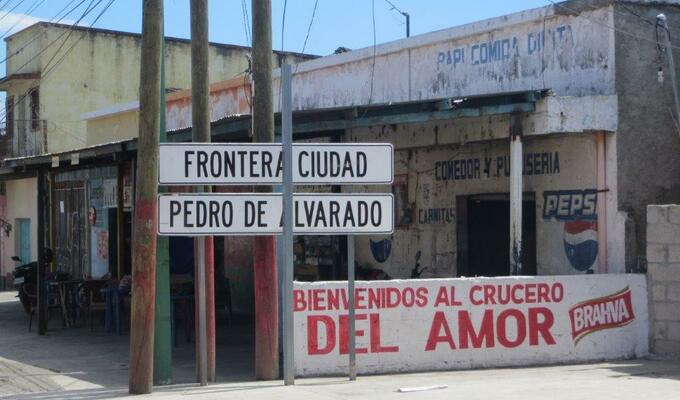
Guatemala: Strengthening the business skills and employability of informal entrepreneurs at the Ciudad Pedro de Alvarado Border
Overview
Summary
Within the framework of the border modernization process in Central America, this project seeks to generate economic opportunities and promote productive and decent work mainly for informal and unemployed workers and people involved in menial economic activities located at the Guatemalan border in Ciudad Pedro de Alvarado.
In the pilot phase, the project will seek to address institutional weaknesses and deficiencies hindering informal entrepreneurs advancement in education and in the labor market through skills development, access to micro-finance and employment promotion.
In the second phase, the project will seek to develop profitable businesses with groups of beneficiaries who acquired relevant skills in sectors with potential for domestic and export sales. In parallel, the project will continue to enhance Ciudad Pedro de Alvarado’s position to attract investments building on the new brand developed during the pilot phase.
Doing so, the project is expected to i) enable informal entrepreneurs to reduce their level of dependency on income derived from border activities and their presence in the primary border areas devoted to border control and inspection functions and to ii) reduce the propensity of border communities to migrate thanks to the new economic opportunities in border areas.
Partners
Sustainable Development Goals
In the framework of the border modernisation process in Central America, the CRECER project (Creando Resiliencia y Empleo para Comunidades en Entornos Remotos - Building resilience and employment for remote communities) seeks to promote productive and decent work for informal entrepreneurs operating at the Guatemalan border located in Ciudad Pedro de Alvarado.
The project seeks to address institutional weaknesses and deficiencies hindering informal entrepreneurs’ advancement in education and in the labour market through entrepreneurial skills development, access to micro-finance and employment promotion.
In doing this, the project is expected to enable informal entrepreneurs to reduce their level of dependency on income derived from border activities and their presence in the primary border areas devoted to border control and inspection functions. The project started in July 2018 and will be implemented until March 2023.





